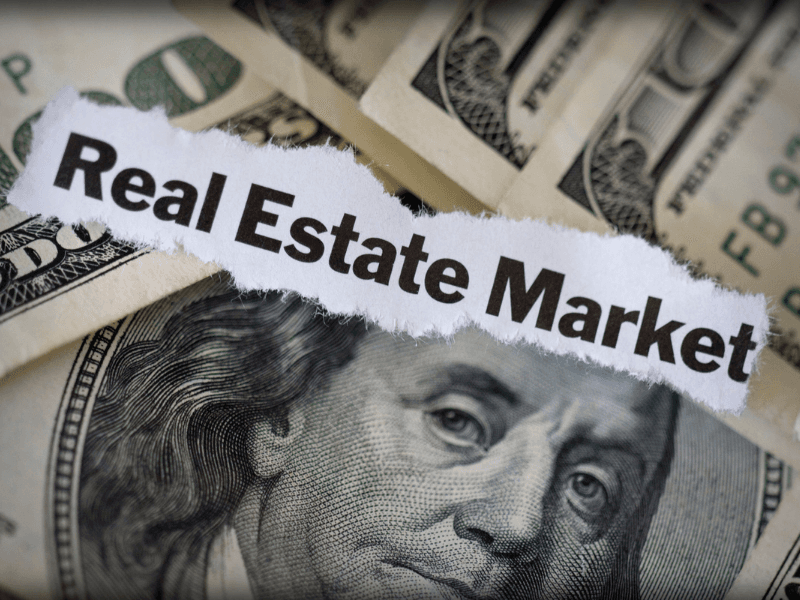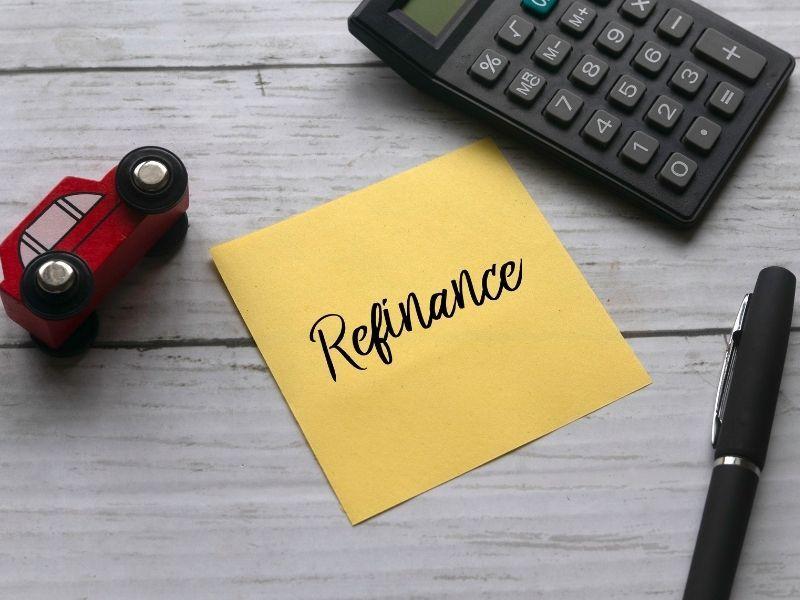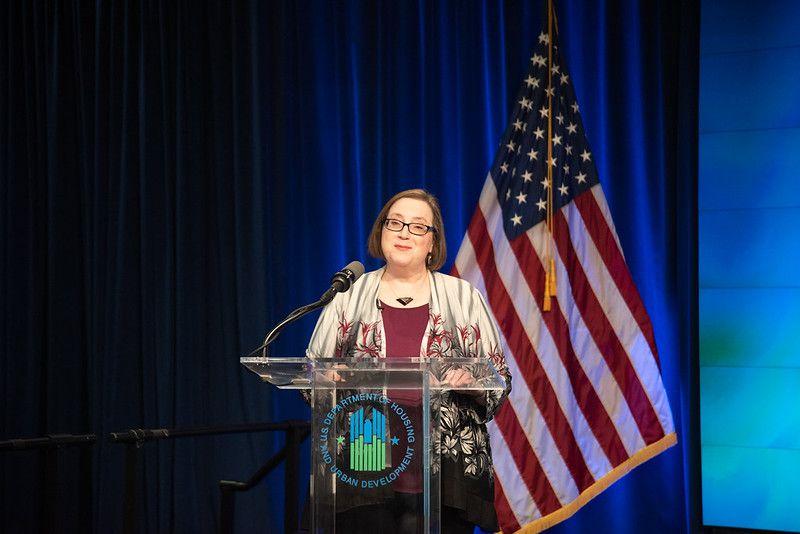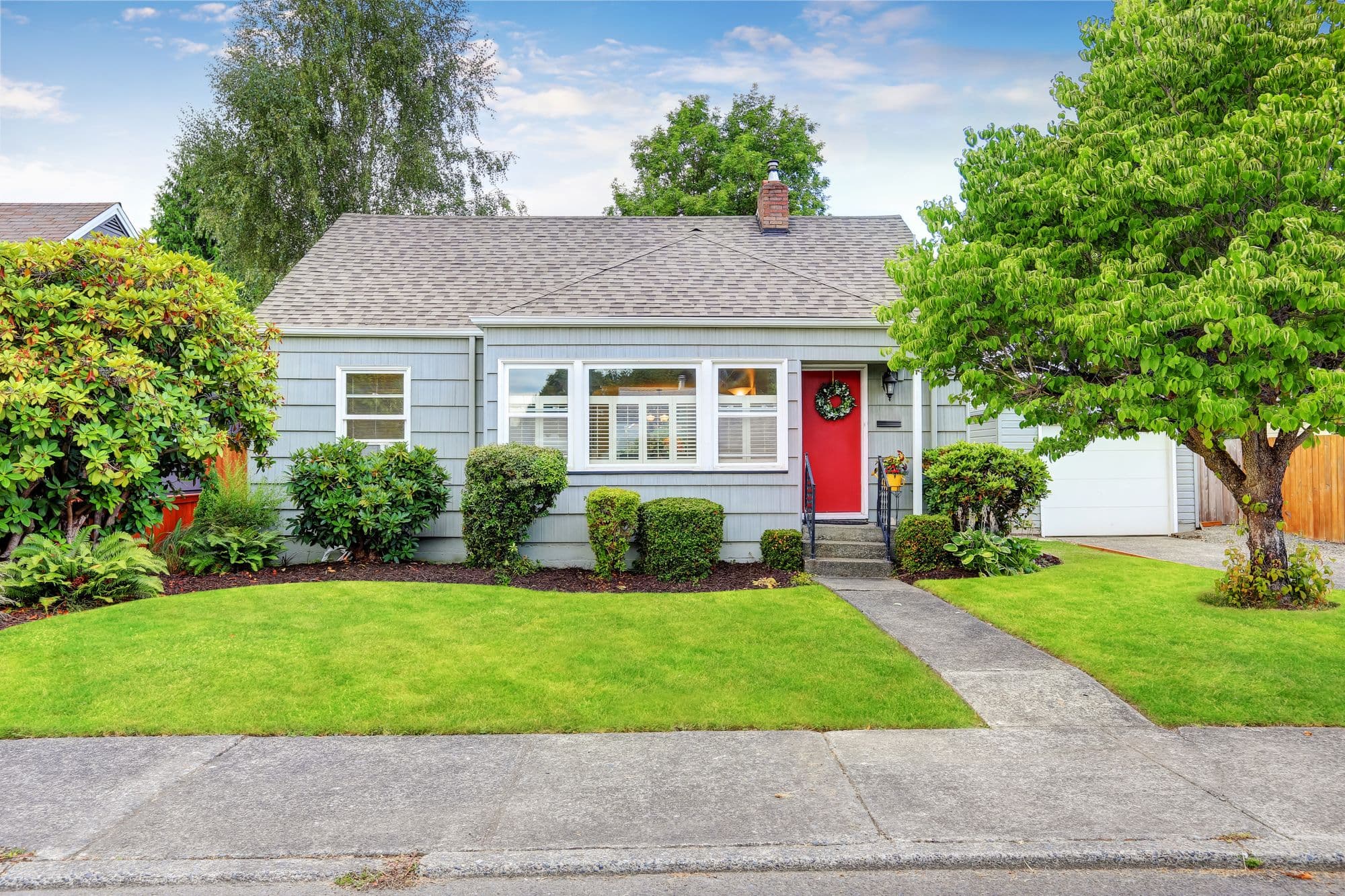
Should I refinance right now?
Rates might be low, but is now the best time to refinance?

You’ve probably heard by now that mortgage rates have literally never been lower. But do low rates automatically mean that it’s a good time for you to refinance?
You probably have about a million questions, but we’ve got you covered. Read on to learn more about the refinancing process, and what you should be on the lookout for to determine whether or not a refi is right for you!
What it means to refinance a mortgage
A mortgage refinance is the process of acquiring a new mortgage to replace your current mortgage. This is often done with the goal of lowering the interest rate, and subsequently the monthly mortgage payment..
The role of rates
What influences the rate fluctuations?
There are a variety of economic factors that determine whether interest rates in the market rise or fall. When the economy is stronger, mortgage rates tend to move upward and as the economy slows, rates tend to decline in an effort to stimulate lending activity.
When are rates considered “low”?
There are two ways to look at what is considered “low” mortgage rates. First, we can look at the history of mortgage rates and determine whether the current interest rates are at the high end, in the middle, or at the lower end of the spectrum. Secondly, and most important to you, is looking at your current mortgage rate and comparing that with the current market rate.
Do low rates automatically make it a good time to refinance?
Low rates are not the only factor in considering a refinance. One needs to assess their overall financial picture including the mortgage balance, remaining mortgage term, income, debt, credit rating, and how long they plan on living in the house, to determine if the timing is right for them to refinance.
Should you refinance?
There are several times when refinancing makes sense; here are some of the more common reasons to consider a refinance.
Lowering your interest rate & monthly payment
If your mortgage rate is more than 1% higher than the current market rate, refinancing might make sense. Let’s take an example where someone bought a home with a 20% down payment and an interest rate of 4.5%. Assuming the market rate had dropped to 3%, this person could be a good candidate for a refinance.
Make sure to consider how long you plan on living in the house to make sure it makes financial sense. If you save $100 per month on your new mortgage and your closing costs are $4,000, you will break even on the fees after month 40. This means you won’t realize any true savings until month 41 and beyond.
Removing mortgage insurance
Some home mortgages (such as certain FHA loans) have mortgage insurance built into them for the life of the loan. The only way to stop paying this mortgage insurance is to pay off the mortgage completely or refinance the mortgage. Please note that there are many mortgages with the option of dropping mortgage insurance after paying the mortgage down to a loan to value of less than 78%.
Debt consolidation
Let’s take a scenario where a couple has amassed $50,000 in consumer debt averaging 20% interest. If we estimate the minimum monthly payment on that debt at 2%, that comes to $1,000 per month. Let’s also assume they have a mortgage balance of $185,000 at 3.875% with a monthly principal and interest payment of $940. If this couple is only able to make the minimum payments on their consumer debt, it would take them 109 months (or a little more than 9 years) to pay off that debt, and that assumes that they do not incur any additional debt.
In a case like this, I would recommend a cash-out refinance to consolidate the debt. I would also advise using the former debt payment to accelerate paying down the mortgage by prepaying the principal, as long as the borrower already has a 6-month emergency fund. If they do not, then I would redirect the former debt payments to establish an emergency fund first, then start to prepay on that mortgage.
Investing in another property
It is not uncommon for homeowners to want to grow their real estate portfolio by investing in a 2nd home or an investment property. If one does not have funds saved up for a down payment and closing costs, a cash-out refinance could be an option to secure those funds. My advice is, if you’re refinancing one home to purchase another, make sure that you can cover the mortgage payments, regardless of whether or not you have a tenant in your property as this will reduce your risk.
Major home improvements
If you are in your “forever home” and need to make major upgrades, a cash-out refinance might be able to help you achieve that. The good news is that many home improvements will help increase the value of the home as well.
The refinancing process
How do I get started?
My advice is to start by checking your credit, so there are no surprises along the way. Many people use services where they can see their credit score and report every month as it updates. This is something I recommend, as it is also a way to detect anything unusual such as a fraudulent account being opened in your name.
Next, I would reach out to a trusted mortgage lender. I recommend getting a few quotes and starting with your current mortgage company, as this can result in lower fees. I would also check with your bank, as they always want to earn more of your business. If you are not a member of a credit union, I also recommend checking rates with a local credit union as they typically offer very competitive interest rates.
Use our mortgage refinance calculator to get a better idea of what your new monthly payment might look like.
What are the qualification requirements?
Similar to when you got your current mortgage, you will need to qualify based on income and credit. The lender will require proof of income and you will need to have a decent credit profile. Having a credit score over 720 is optimal to qualify for the best terms.
4 Common refinancing pitfalls to avoid
Choosing the wrong term for the mortgage
I believe that one of the most empowering things a homeowner can do is pay off their mortgage. Many people get in the habit of refinancing with a 30-year mortgage to have the lowest payment, however, this does not help you see light at the end of the tunnel. As you get older, it’s important to look at how the term of your mortgage will impact your retirement budget. If you are 55 years old and refinancing with a 30-year mortgage, this means you will have a mortgage payment until you are 85 years old!
It’s good to look at the shorter options such as a 15-year mortgage. Even if you aren’t comfortable committing to that schedule or monthly payment amount, you will know what it looks like. From there, you can always make additional payments if you want to get more aggressive toward paying the loan off.
Taking money out and making a bad investment
Some argue that having your money tied up in your home (as equity) is a bad investment and that you can earn more money on it if you put it to use by investing. I encourage people to be very cautious about increasing their mortgage obligation to invest, especially if it is a risky investment. Ultimately it could cost you your home if you find yourself unable to pay your new higher mortgage payment.
Not factoring in the total cost of the refinance
Very often borrowers will hear “no money out of pocket” as it relates to a refinance. This marketing message may lead them to believe that there is no cost, when in fact, the cost is usually added to the loan amount. The fact that the closing costs are being financed means you will pay more than the face value of your closing costs over them.
Paying off short term debt with a refinance
I would be cautious about wrapping all of your debt into a refinance. If a debt obligation can be paid off within a few years, you are likely better off to stay the course, rather than paying for it over the course of 15-30 years through a mortgage.
How much does it cost to refinance?
There are a handful of fees associated with a refinance mortgage (referred to as closing costs), and many of them are negotiable. On average, you will pay anywhere between 2% and 5% of the loan amount in closing fees. You may be able to negotiate a little less than 2%, and some factors such as location or credit score could push your fees higher as a percentage. Among your closing costs, are the following fees:
Appraisal fee
In some cases, an appraisal may not be needed as an automated valuation may suffice. Appraisal fees can vary by location and should fall in the $300 - $500 range. Larger custom home appraisals can cost even more as they require more time to inspect and document.
Loan origination fee
This will depend on the type of loan and your credit score. In many cases, a lender can reduce or remove this fee, and in some cases, they can do so by increasing the interest rate.
Discount points
A discount point is a fee paid to reduce (or discount) the mortgage interest rate. When looking at paying discount points, you need to do the calculations of the cost versus the rate decrease. For example, if you pay a .5% discount point ($1,000) on a $200,000 loan, to reduce your interest rate from 3% to 2.875%, you will save $13.43 per month. This means your break-even point will be in 74.5 months. If you do not plan on being in the home in 75 months or if there is a chance you will need to refinance again before then, it’s not a good use of your money.
So, should you refinance right now?
Refinancing is a big decision that requires careful consideration:
- Are interest rates in your favor? (Will you save at least 1%?)
- Is your credit score and debt-to-income ratio in a healthy state?
- Will refinancing help you eliminate mortgage insurance?
- Could you consolidate debt into your mortgage at a better rate to save over time?
- Will a cash out refinance allow you to invest in your home or portfolio?
These are all things to consider along with the process you’ll go through. We hope that this article has empowered you to make the best choice and obtain the most favorable terms on your next refinance.
Don't forget to utilize our mortgage refinance calculator to find out how much your monthly payment will go down!









